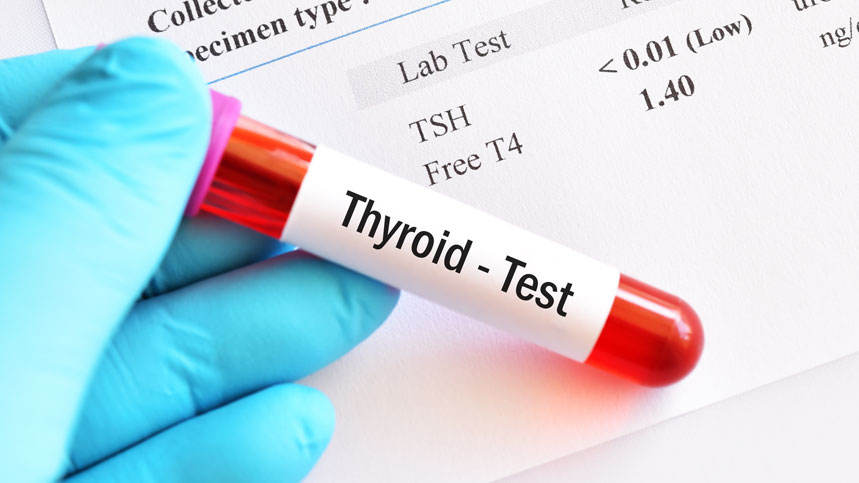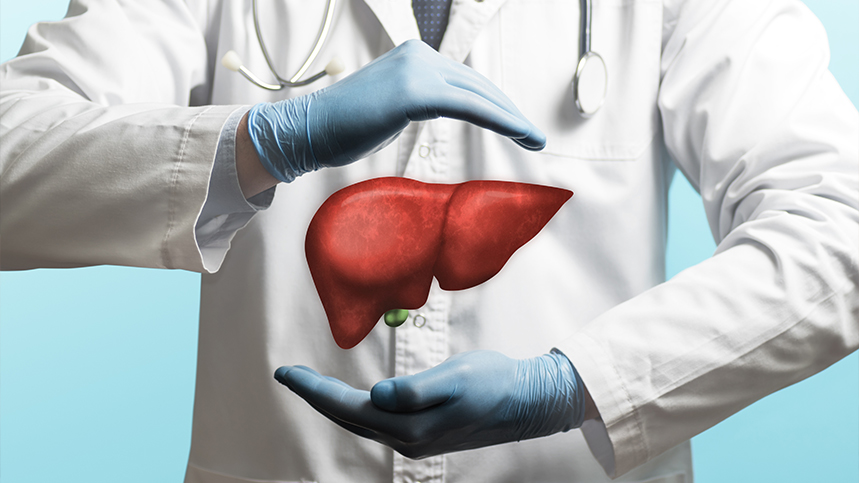The thyroid gland is a small butterfly-shaped gland located in front of the neck. Despite its small size, it plays a critical role in regulating various bodily functions, including metabolism, heart rate, and body temperature. To evaluate the thyroid gland's function, doctors rely on thyroid hormones blood tests, which measure the levels of thyroxine (T4), triiodothyronine (T3), and thyroid-stimulating hormone (TSH). Understanding these hormones and their levels are crucial in identifying thyroid issues before they worsen.
TSH Test
Thyroid-stimulating hormone (TSH) is produced by the pituitary gland located at the base of the brain. TSH's primary function is to stimulate the thyroid gland to produce and secrete thyroxine (T4) into the bloodstream. A high TSH level indicates that the pituitary gland is signalling the thyroid gland to produce more T4, suggesting that the thyroid gland is not producing enough thyroid hormone. On the other hand, low TSH levels indicate that the pituitary gland is not signalling the thyroid gland enough, suggesting that the thyroid gland is overproducing thyroid hormones. Thus, the TSH level test is a critical test to measure the thyroid gland's function.
T4 Test
Thyroxine (T4) is the primary hormone produced by the thyroid gland, which controls metabolism, energy level, and body heat. The T4 test measures the amount of thyroxine in the blood. A low T4 level can indicate hypothyroidism, a condition in which the thyroid gland is not producing enough thyroid hormones, while a high T4 level indicates hyperthyroidism, a condition in which the thyroid gland is overproducing thyroid hormones.
T3 Test
Triiodothyronine (T3) is the active form of thyroid hormone, responsible for most of the body's metabolic activity, including heart rate, body temperature, and energy level. The T3 test measures the amount of the active thyroid hormone in the blood. A low T3 level can indicate hypothyroidism, while a high T3 level can indicate hyperthyroidism. However, in most cases, the T3 level is normal, and the T4 and TSH test results play a more significant role in determining thyroid function.
Interpreting Thyroid Hormone Tests Results
To diagnose thyroid issues, doctors analyze both TSH, T3, and T4 tests in conjunction. TSH is usually the first test performed to evaluate thyroid function, followed by T4 and T3 tests if the TSH levels come back abnormal. It is essential to understand the optimal TSH levels to maintain a healthy thyroid gland, with normal range being 0.4-4.0 milli-international units per liter (mIU/L).
Conclusion
Thyroid hormone tests are essential in monitoring thyroid function and identifying thyroid issues before they worsen. A doctor will interpret the results of the TSH, T3, and T4 tests in conjunction to identify any thyroid gland-related problems accurately. These tests are typically done if a person is experiencing symptoms such as fatigue, weight gain, sensitivity to cold, and constipation. Understanding the different hormones and their proper level ranges is crucial in maintaining a healthy thyroid gland. Schedule an appointment with your doctor if you suspect any thyroid-related issues to identify and treat them early.










